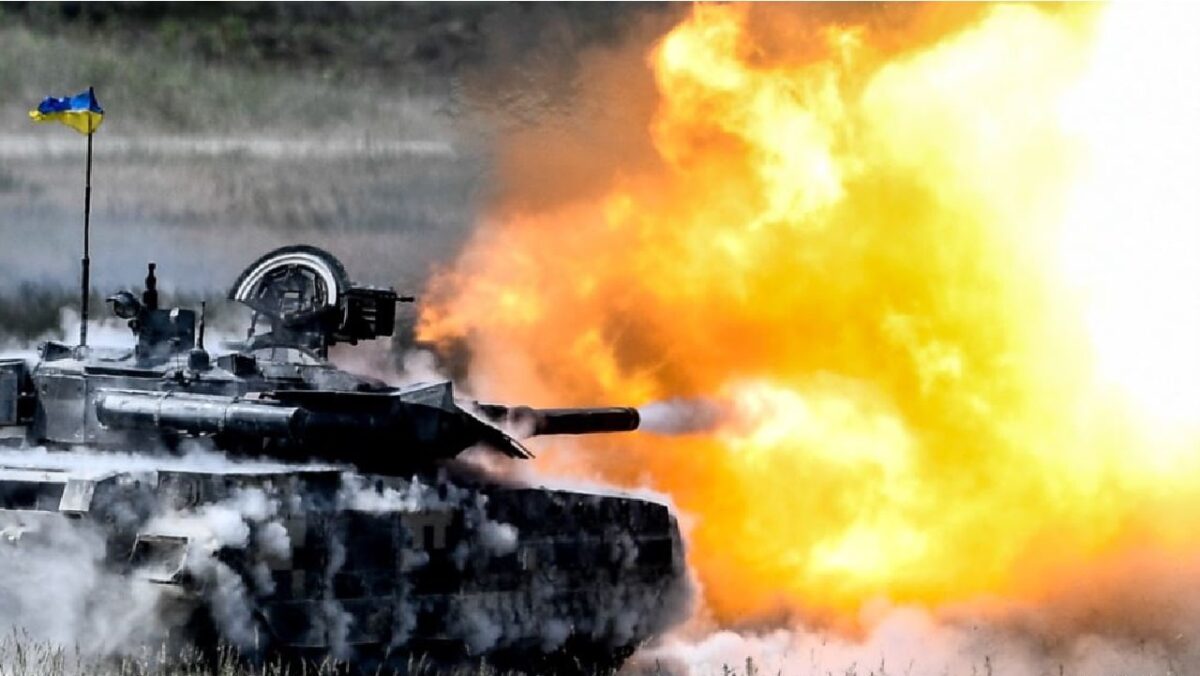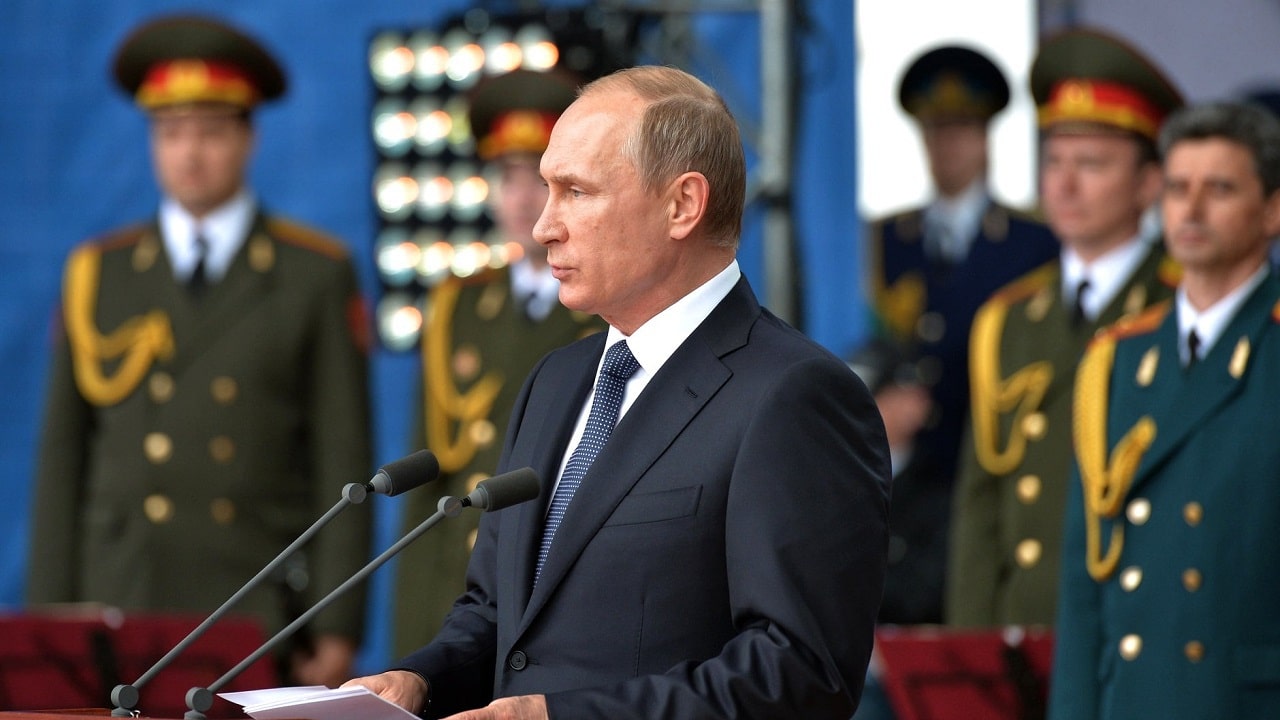Why Did Putin Declare Martial Law In “Annexed” Ukraine Regions?: Russian President Vladimir Putin announced on Wednesday that the four annexed regions of Ukraine, Donetsk, Luhansk, Zaporizhzhia, and Kherson, would be governed by martial law.
Why Martial Law?
Putin devolved power to the Kremlin-appointed leaders of the regions, allowing them to implement new rules and restrictions across Russian-occupied territories. The news comes as Russia prepares to use recently deployed reservists to take back territory lost to Ukraine’s recent counter-offensive.
The Russian president announced the move ahead of a Security Council meeting, telling television broadcasters that he was working to “solve very difficult large-scale tasks to ensure Russia’s security and safe future.”
“Those who are on the frontlines or undergoing training at firing ranges and training centers should feel our support and know that they have our big, great country and unified people behind their back,” Putin said.
Putin also suggested that the announcement was nothing new, given that the territories were already under martial law before their annexation.
“In this regard, let me remind you that in the Donetsk People’s Republic, the Luhansk People’s Republic, as well as in the Kherson and Zaporizhzhia regions, martial law was in effect before joining Russia,” Putin said, adding that his government is now working to “formalize this regime within the framework of Russian legislation.”
The decree signed by the Russian president, therefore, appears to be more of a legislative and administrative matter than a major development in the conflict.
Is the Battle for Kherson Imminent?
Russia may also be preparing for a new offensive in the Kherson region, after Ukrainian forces surprised the Russians and reclaimed large swathes of territory.
In early October, Ukraine claimed to have recaptured 155 square miles of territory in Kherson in less than one week.
On Tuesday, the newly-appointed commander of the Russian Armed Forces Sergei Surovikin told reporters that the situation in Kherson “can be described as tense.”
On the same day, the Kremlin-appointed deputy administrator of Kherson told his Telegram followers that “in the very near future, the battle for Kherson will begin.”
The comments come as Russian-backed leaders in Kherson began relocating tens of thousands of citizens, warning them that shelling in residential areas could begin imminently. As many as 60,000 local residents received a warning from local Kremlin-backed officials in the form of a text message.
“Dear residents. Evacuate immediately. There will be shelling of residential areas by the Armed Forces of Ukraine. There will be buses from 7:00 from Rechport to the Left Bank,” the message reads.

Image of Ukraine tank firing. Image Credit: Creative Commons.
Ukrainian officials dismissed the claims as “hysteria” designed to make people leave, but the messages – along with Putin’s newest presidential decree – indicate that the conflict in Kherson may worsen imminently.
Jack Buckby is a British author, counter-extremism researcher, and journalist based in New York. Reporting on the U.K., Europe, and the U.S., he works to analyze and understand left-wing and right-wing radicalization, and reports on Western governments’ approaches to the pressing issues of today. His books and research papers explore these themes and propose pragmatic solutions to our increasingly polarized society.

